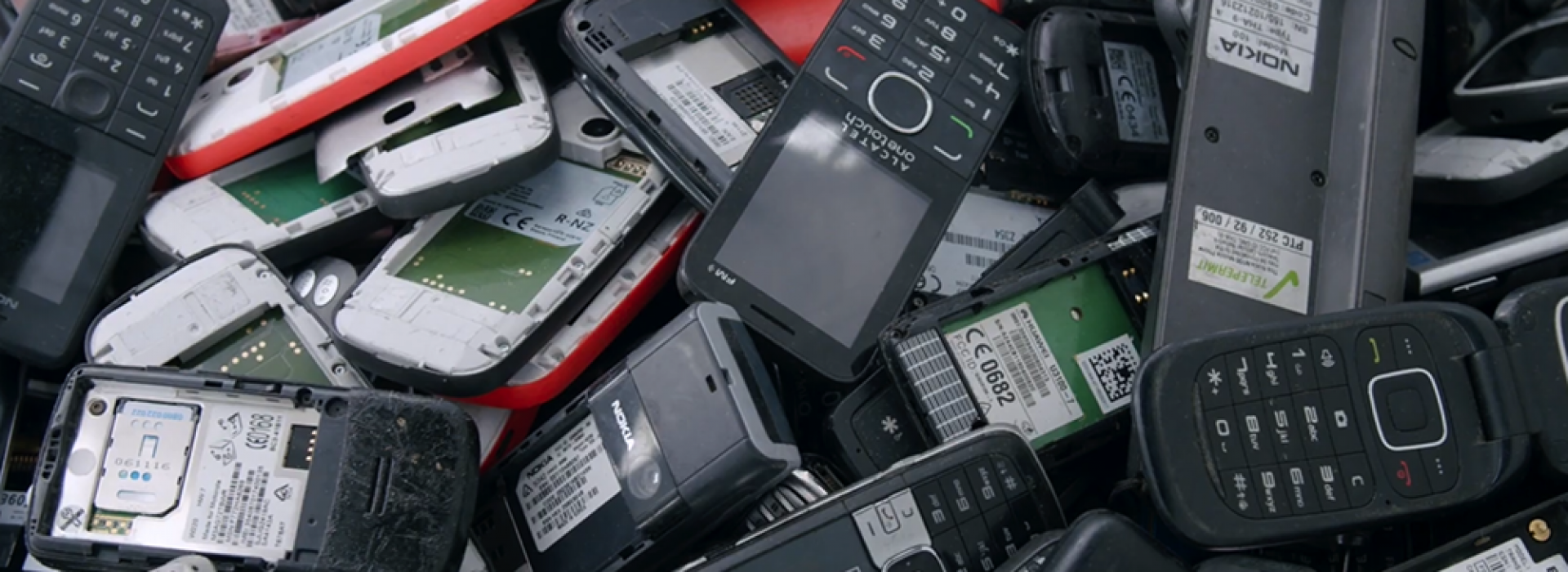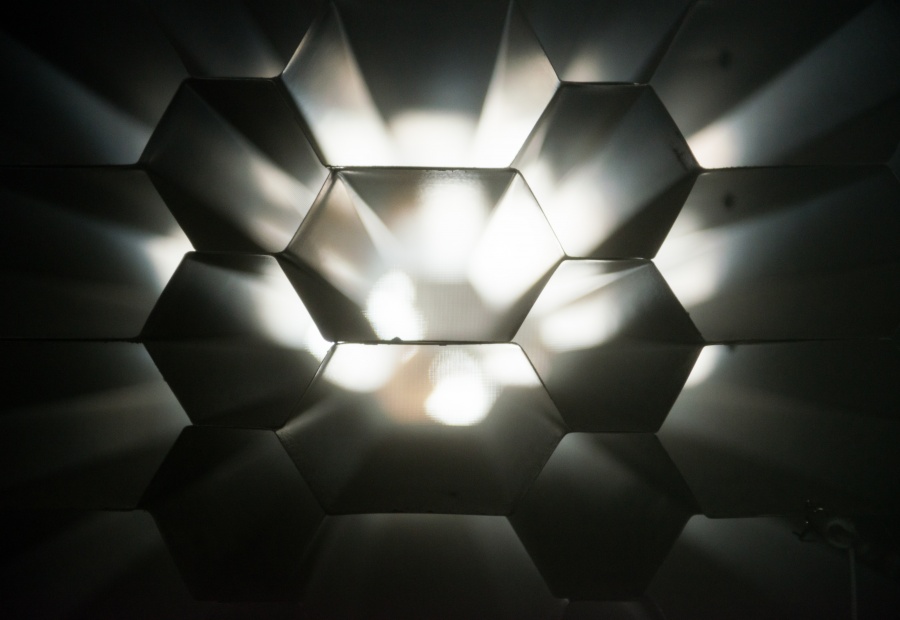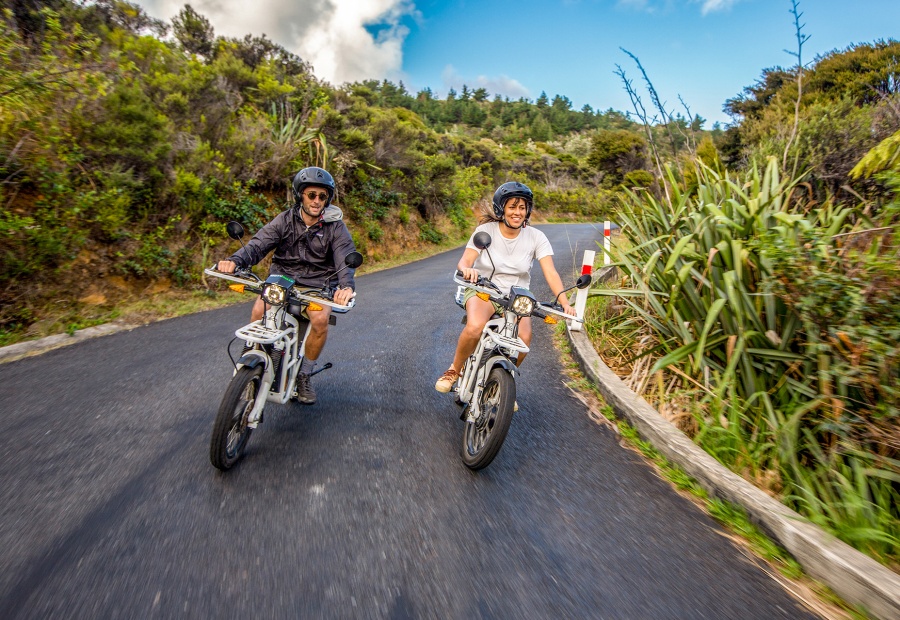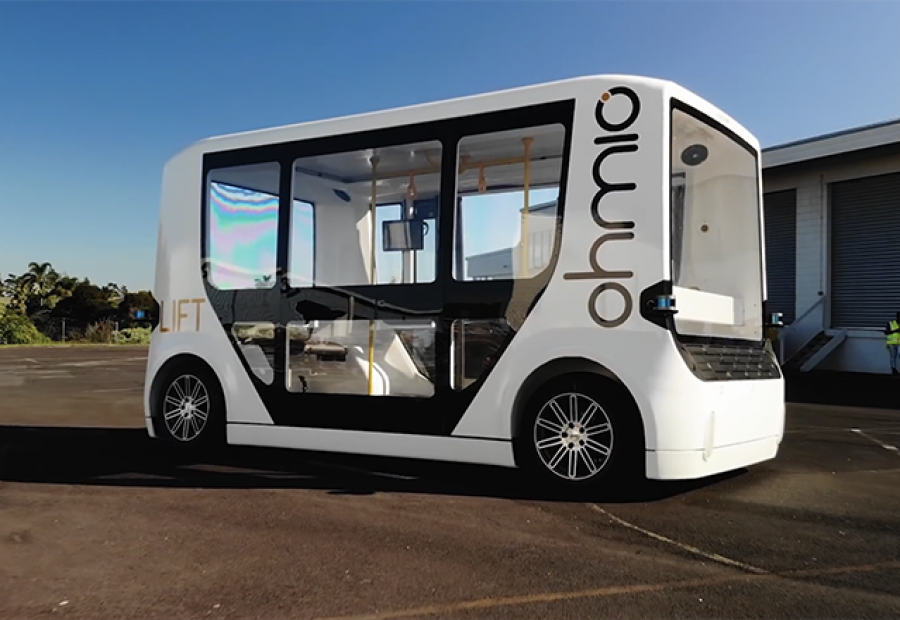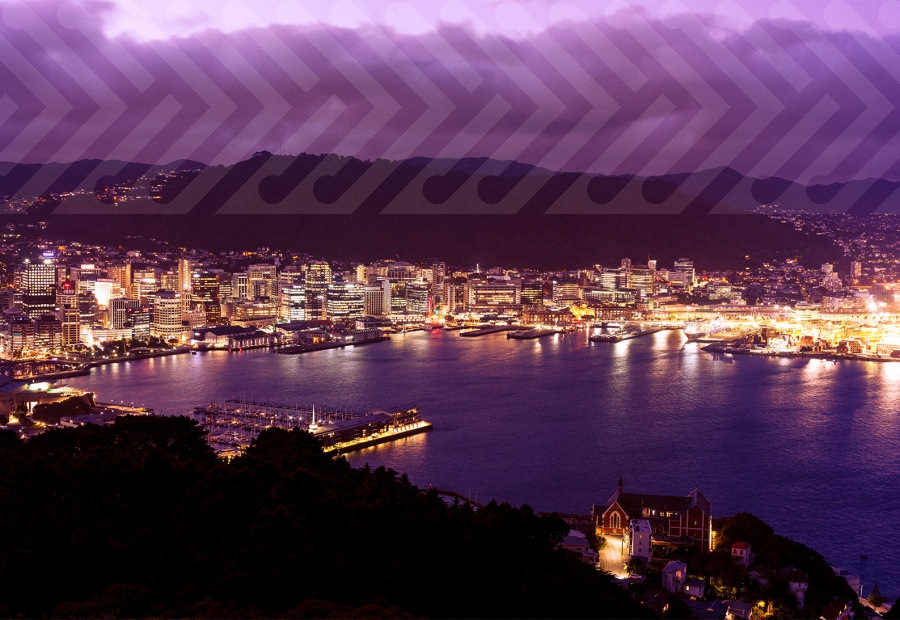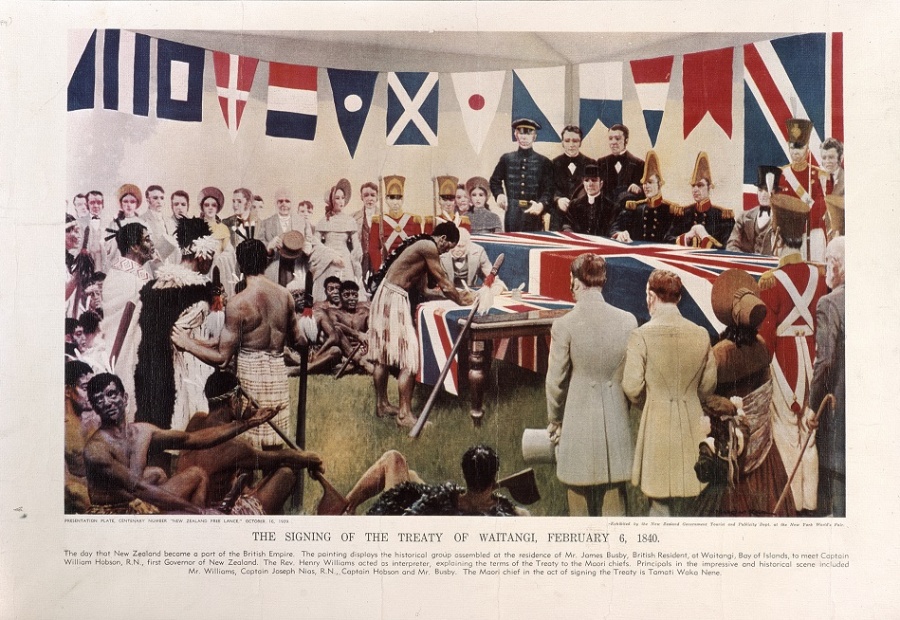As the world wants more smart phones and electric vehicles, the raw materials required to meet this demand is at an all-time high. Unfortunately, with all the waste created, it all comes at a huge cost to the environment. So, the race is on to recycle and reuse unwanted materials.
New Zealand has a strong vision for a cleaner and greener future. Our indigenous Māori concept of kaitiakitanga (meaning guardianship of the people, place and planet) underpins the country’s approach to preserving resources for future generations and inspires them to explore new ways of extracting the most from the resources we do use.
New Zealand’s clean tech sector is on an exciting growth trajectory; supported by a strong pipeline of emerging technology, government support, and increasing global partnerships. Here are three environmental innovators helping create change for good.
Geo40 – using geothermal energy to make paint
To create geothermal energy, mineral-rich liquid is constantly being pumped from beneath the earth, with its immense heat being used to generate electricity. Could these minerals be cleanly extracted during the process? What started out as a high school project over 40 years ago is now a reality. In a world-first, New Zealand-grown company Geo40, has found a way.
They call it “green mining”, and for a start, they have commercialised the extraction of silica from geothermal fluids that can be used in products such as paint, concrete, and paper. Geothermal fluid is also rich in a range of other minerals such as lithium and boron and that’s next on the list – Geo40 have also been working on ways to extract these minerals, which could eventually be used to power electric cars.
Geo40 are now partnered with companies in other geothermal energy producing nations such as Japan, Iceland, and the USA, and are taking their idea to the world.
CarbonScape – how forestry by-products can power electric cars
With more electric cars being manufactured, we’ll need more batteries to power them. Graphite is one of the key minerals used to make these batteries, and it is extracted from fossil carbon – which causes significant pollution and emission costs to the environment.
CarbonScape has a solution – they’ve developed a clean tech that converts wood chips into graphite. And incredibly, they can do it at half the temperature the other processes can manage, in only a matter of hours.
It gets better – for every tonne of CarbonScape graphite produced, a negative three tonne CO2 footprint is created. And with up to 50% of an EV’s carbon footprint coming from battery production, CarbonScape’s engineered graphite provides a significant opportunity to decarbonise and shorten the lithium-ion battery supply chains. It’s also a great way to get rid of forestry by-product!
Mint Innovation – turning e-waste into gold
Mint Innovation has designed a world-first process for extracting valuable metals like gold and copper from computer circuits boards which are otherwise destined for landfill. It’s a new science called biometallurgy, and as the name suggests, it’s good for the environment.
Gold and other precious metals such as platinum, tin and copper are in high demand for electronics and computing. Extracting these using traditional mining is increasingly difficult, expensive, and bad for the environment. So, Mint is targeting the ‘urban mine’ of e-waste. The company has developed recovery processes that use inexpensive chemicals and naturally occurring microorganisms to effectively ‘eat’ gold and extract it from the feedstock. Yum!
Mint has a prototype facility in Auckland and is building a commercial-scale facility in Sydney. Their plan is to enable cities around the world to extract value from their e-waste and turn it into gold.
Looking for a place where waste isn’t a dirty can be a good word? We know a place.
